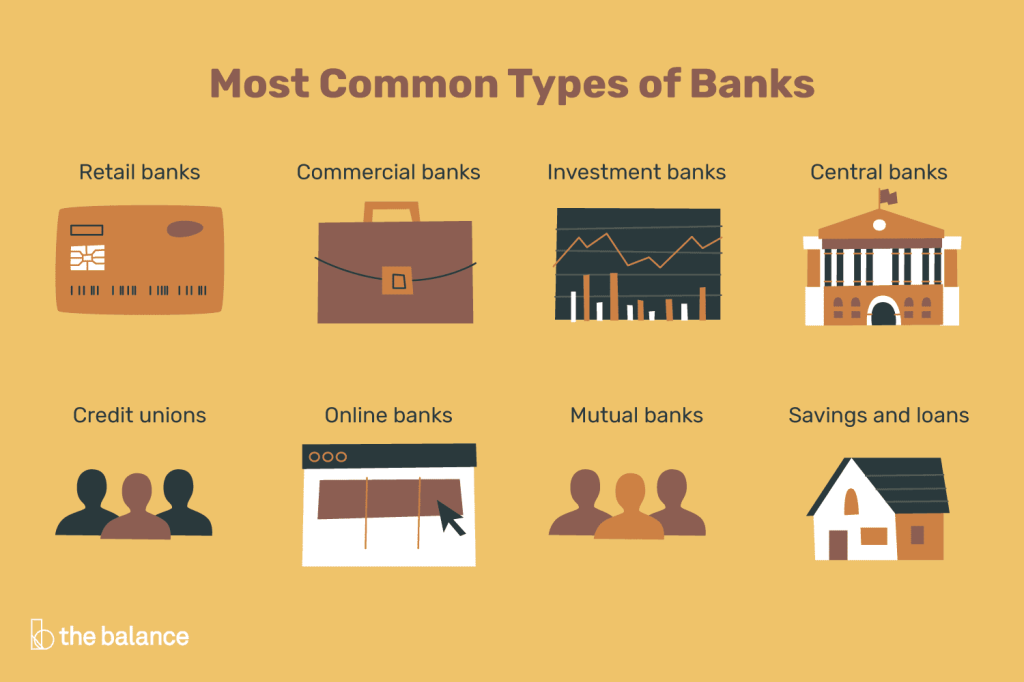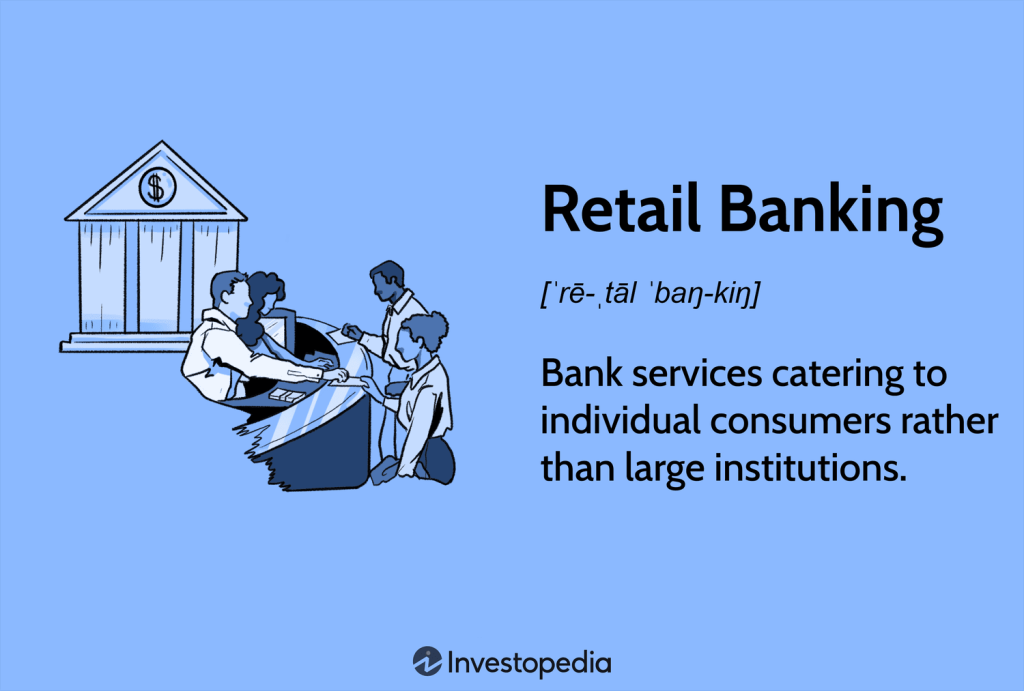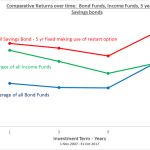Unlock Your Financial Potential With Our Exclusive Retail Banking Savings Account – Act Now!
Retail Banking Savings Account: A Comprehensive Overview
Greetings, Readers!
Welcome to our informative article on retail banking savings accounts. In this article, we will provide you with a detailed analysis of this financial product, its advantages and disadvantages, and answer some frequently asked questions. So, let’s dive in and explore what retail banking savings accounts have to offer.
3 Picture Gallery: Unlock Your Financial Potential With Our Exclusive Retail Banking Savings Account – Act Now!



Introduction
Retail banking savings accounts are a popular financial product offered by banks to individuals for the purpose of saving money. These accounts provide a safe and secure way to store funds while earning interest on the deposited amount. They are a key component of personal finance management and can help individuals achieve their financial goals.
Now, let’s take a closer look at the various aspects of retail banking savings accounts:
What is a Retail Banking Savings Account?

Image Source: thebalancemoney.com
🔍 A retail banking savings account is a type of deposit account offered by commercial banks to individuals. It allows individuals to deposit their money and earn interest on the deposited amount. These accounts are widely accessible and provide a range of features and benefits to account holders.
Features of Retail Banking Savings Accounts:
🔍 Retail banking savings accounts typically offer features such as:
Minimum initial deposit requirement
No or low monthly maintenance fees
Interest-bearing deposits
Online and mobile banking access
ATM card or checkbook facility
Option to link to other accounts
FDIC insurance coverage

Image Source: investopedia.com
Benefits of Retail Banking Savings Accounts:
🔍 Retail banking savings accounts offer several benefits to individuals:
Security: Funds deposited in these accounts are protected by FDIC insurance, providing peace of mind to account holders.
Liquidity: Account holders have easy access to their funds, allowing for quick withdrawals or transfers.
Interest Earnings: Savings accounts earn interest on the deposited amount, helping individuals grow their savings over time.
Financial Planning: These accounts can be used as a tool for setting aside funds for future financial goals, such as buying a house or funding education.
Convenience: Access to online and mobile banking services makes managing savings accounts hassle-free and convenient.
Drawbacks of Retail Banking Savings Accounts:

Image Source: investopedia.com
🔍 Despite their benefits, retail banking savings accounts also have some drawbacks:
Low Interest Rates: The interest rates offered on these accounts are generally lower compared to other investment options.
Inflation Risk: Over time, the purchasing power of the money saved in these accounts may decrease due to inflation.
Minimum Balance Requirements: Some savings accounts require a minimum balance to be maintained to avoid fees or earn higher interest rates.
Transaction Limitations: Savings accounts often have limitations on the number of withdrawals or transfers that can be made within a specific period.
Opportunity Cost: By keeping funds in a savings account, individuals may miss out on potential higher returns from other investment opportunities.
FAQs (Frequently Asked Questions)
Q1: What is the minimum initial deposit required for a retail banking savings account?
A1: The minimum initial deposit requirement varies among banks, but it is usually a nominal amount, such as $25 or $100.
Q2: Can I access my retail banking savings account online?
A2: Yes, most banks offer online banking services, allowing account holders to manage their savings accounts conveniently from their computers or mobile devices.
Q3: Is the interest earned on retail banking savings accounts taxable?
A3: Yes, the interest earned on savings accounts is generally subject to income tax. However, specific tax rules may vary based on individual circumstances and local regulations.
Q4: Are retail banking savings accounts safe?
A4: Yes, retail banking savings accounts are considered safe as they are typically protected by FDIC insurance, which provides coverage up to $250,000 per depositor, per bank.
Q5: Can I link my savings account to other accounts?
A5: Yes, many banks offer the option to link savings accounts to other accounts, such as checking accounts or investment accounts, providing flexibility in managing and transferring funds.
Conclusion
In conclusion, retail banking savings accounts are an essential tool for individuals to save money, earn interest, and achieve their financial goals. While they offer security, liquidity, and convenience, it’s important to consider the drawbacks and explore other investment options for maximizing returns. If you’re looking for a safe and accessible way to save money, a retail banking savings account may be the right choice for you. Start saving today and secure a better financial future!
Thank you for reading, and we hope this article has provided valuable insights into retail banking savings accounts.
Final Remarks
Disclaimer: The information provided in this article is for educational purposes only and should not be considered as financial advice. It is always recommended to consult with a qualified financial professional before making any financial decisions.
This post topic: Shopping Savings
